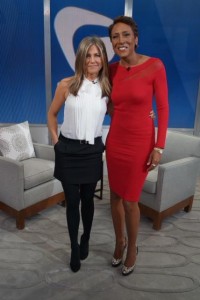 Jennifer Aniston
Jennifer Aniston has a new movie coming out soon, but the buzz today is about her latest revelation - she has dyslexia.
There is a long list of successful people who have dyslexia, but with each person who speaks up society becomes more aware of the learning difference. And with awareness comes acceptance.
Aniston says she still does not read that often, and that's okay. However, we'd love to let her know about the world of audiobooks and ear reading. It certainly opens up a whole new world of experiences!
Like so many of our kids who have dyslexia, Jennifer told
Good Morning America:
"I thought I wasn't smart. I just couldn't retain anything."
Why is it important to hear her say those words?
Because of these children:
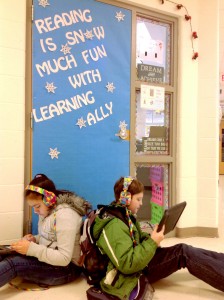
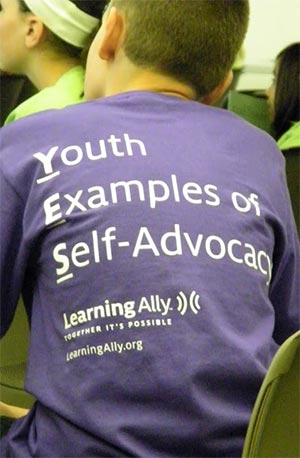 And these children:
And these children:

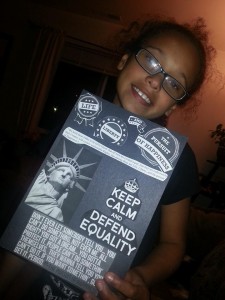 They need to hear it.
They need to hear it.
Over and over and over again, they need to hear that successful and smart people felt just like they do now
. To hear that their feelings are valid and it's okay to feel that way. However, they also need to know it gets better. And it will be okay. They can
DREAM BIG.
Rose-colored glasses?
Her full interview in
People Magazine mentions tinted glasses. While vision-related issues and dyslexia often get confused, it is important to

always look at the research behind therapies before trying them.
The International Dyslexia Association states:
"While the lenses have been approved to aid in the treatment of visual problems, they have not been approved to treat Dyslexia. Although some individuals with Dyslexia may also have visual difficulties, Dyslexia is not primarily a vision problem; it is a language-based problem that is neuro-biological in origin and cannot be
treated by visual aids. It is important to understand the difference"
Our parent support specialist,
Jennifer Biang adds: "There are several conditions that can be comorbid with dyslexia, but many of them are rare, like Irlen syndrome or convergence issues. Keep in mind these are secondary conditions. They are not learning disabilities. Correcting them will not give your child the ability to read or decode or spell."
What Does Work for Dyslexia:

At Learning Ally, we recommend this path:
Interventions,
Audiobooks and a
Champion. The champion is, of course, you, the parent (or adult in the child's life who guides him or her). Then you need to find the proper reading interventions and add in accommodations, like audiobooks. We'll help you along the way.
Step 1: Find a Specialist
We have a list of dyslexia specialists, who can evaluate or screen your child, listed state by state. Click
here.
Step 2: Find a Reading Program
Your child's school may offer a program that is research based for dyslexia, like
Wilson Reading. Or you may try a program you can do at home, like
Barton Reading and Spelling. If you are looking for a tutor, we have a nationwide list at this
link.
Step 3: Provide the Ramp
Audiobooks have changed so many lives! Some even say it
saved their life! Give your child a ramp to access the world of reading by joining us at Learning Ally. We also offer free one-on-one parent phone consultations to all members and a community of support. Click
here for information.
Need help?
Call our team of parent support specialists anytime to schedule a free one-on-one phone consult. Schedule by calling
800.635.1403 or follow the links on your membership dashboard.
Good Morning America Interview
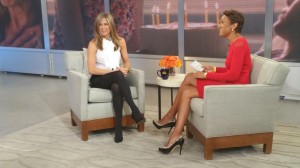
To watch Jennifer Aniston's full story on Good Morning America, follow
this link.
Learning Together,
Jules at Learning Ally